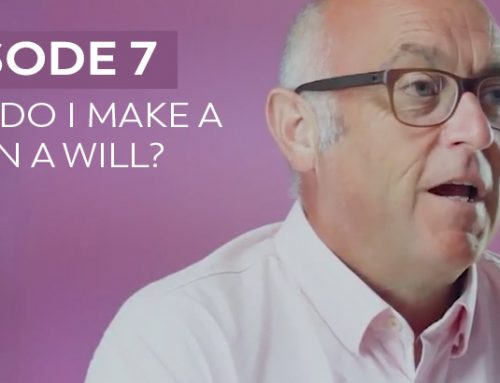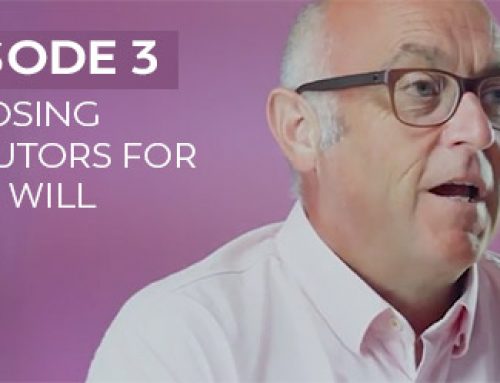This post is about helping you with choosing your attorneys. When you make lasting powers of attorney, you’re handing over quite a lot of power to somebody or some people. You can appoint a single attorney, but quite often that limits the use of the document. You can appoint up to four attorneys, but appointing this many can make it complex and unwieldly to administer, so a good number is always two or three.
When you make your lasting power of attorney, you need to consider who should make decisions in the first instance, quite often that’s a spouse or civil partner or a partner. Beyond that, you need to consider what happens if your primary attorney dies. So you would back them up with one or more of your children, if you have children. Quite often attorneys can be really good trusted friends, but the key word here is trust, you have to trust your attorney to do everything that you would do. Their bound by law to act in your best interests. They’re bound by law to make the decision that you would have made for yourself to the best of their abilities, but you really need to trust them. Most documents that we make are structured so they have at least two attorneys, so the document won’t fail if one attorney dies. But if that doesn’t fit your family structure, or you don’t have a family structure, there is also the opportunity to appoint a professional attorney. Professional attorneys are quite expensive, and they will only act in certain circumstances. Whatever your circumstances, you need to take some advice on this, ask your advisor who you should appoint as an attorney.
They’ll be able to give you some guidance. But don’t forget, ultimately, the choice is yours. Please contact us if you would like to discuss setting up your Lasting Powers of Attorney.





